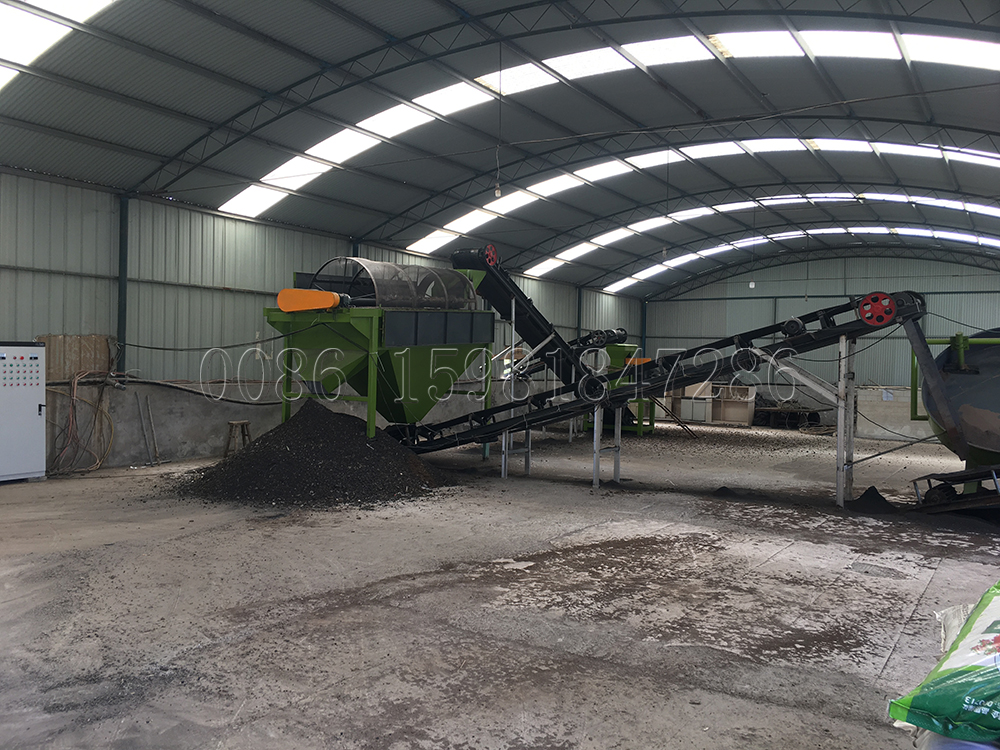What is the difference between chemical fertilizers and organic fertilizers?
Composition:
Chemical Fertilizers: Chemical fertilizers are typically synthetically manufactured and contain concentrated nutrients such as nitrogen, phosphorus, and potassium (NPK). These nutrients are often derived from non-renewable sources, such as fossil fuels. Chemical fertilizers are designed to provide plants with immediate and easily absorbable nutrients.
Organic Fertilizers: Organic fertilizers are derived from natural sources, such as animal manure, compost, bone meal, fish emulsion, and plant residues. They contain a variety of organic matter and nutrients, including nitrogen, phosphorus, and potassium, in smaller concentrations compared to chemical fertilizers. Organic fertilizers release nutrients slowly over time as they break down, providing a more sustainable and balanced nutrient supply to plants.
Source:
Chemical Fertilizers: Chemical fertilizers are typically produced through industrial processes using synthetic compounds. They are often derived from non-renewable resources like petroleum or natural gas.
Organic Fertilizers: Organic fertilizers are made from natural and renewable sources, including animal waste, plant matter, and other organic materials. They are usually produced through composting, fermentation, or other biological processes.

Impact on the Environment:
Chemical Fertilizers: Chemical fertilizers can have negative impacts on the environment if not used properly. Excessive use of chemical fertilizers can lead to nutrient runoff into water bodies, causing water pollution and eutrophication. Moreover, their production contributes to greenhouse gas emissions and consumes non-renewable resources.
Organic Fertilizers: Organic fertilizers are generally considered more environmentally friendly. They improve soil health and structure, enhance water retention, and promote beneficial microbial activity. Organic fertilizers release nutrients slowly, reducing the risk of nutrient runoff. Additionally, the production of organic fertilizers often involves recycling organic waste, which can help reduce landfill waste and associated environmental problems.
Effect on Plants and Soil:
Chemical Fertilizers: Chemical fertilizers provide plants with immediate and concentrated nutrients, leading to rapid growth and increased crop yields. However, they may also lead to the depletion of soil organic matter, nutrient imbalances, and reduced microbial activity over time.
Organic Fertilizers: Organic fertilizers nourish plants gradually as they break down, improving soil fertility, structure, and long-term nutrient availability. They enhance soil organic matter content, nutrient cycling, and the overall health of the soil ecosystem.
Our fertilizer making machine is complete in specifications and quality, and all indicators meet or exceed national standards. Different models and configurations is different price. Welcome to contact us for details.


